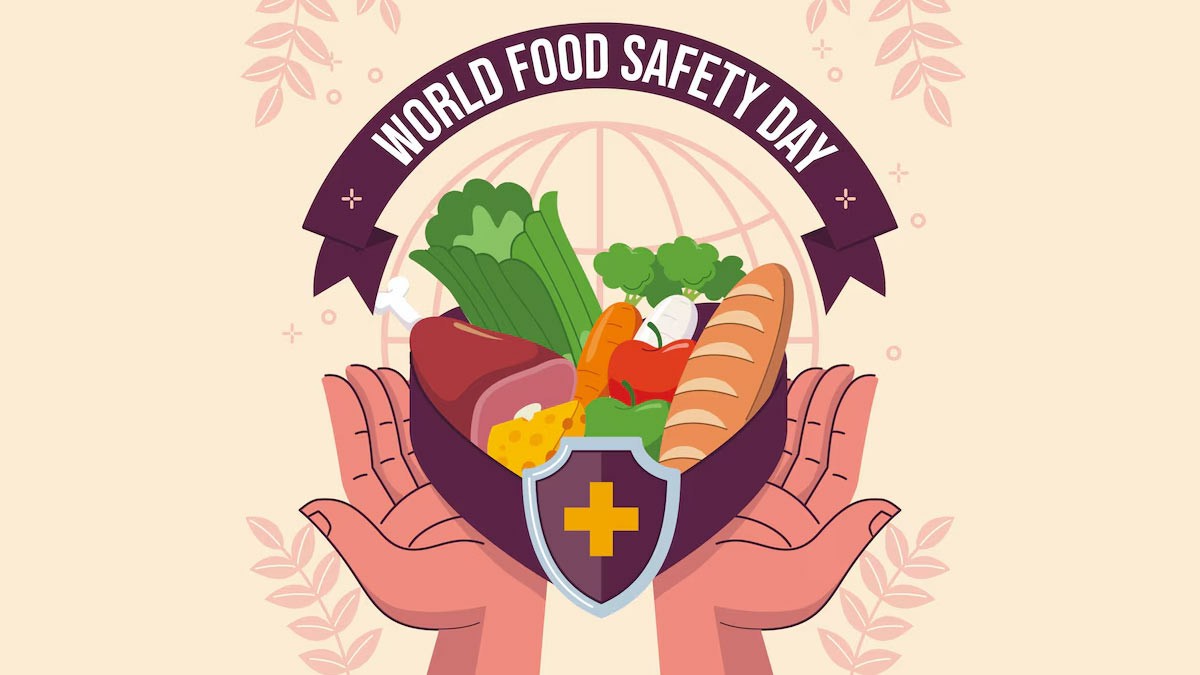HACCP Certification: The Key to Food Safety & Compliance for Irish Businesses in Dublin, Cork, Galway, and Beyond
In the vibrant landscape of the Irish food industry, ensuring the safety and quality of food products is not just essential—it's a legal requirement. This is where HACCP Certification steps in as a cornerstone of food safety management. For business owners and managers across cities like Dublin, Cork, Galway, Limerick, Waterford, and Belfast, understanding HACCP's role in compliance and risk management can significantly impact their operations.
What is HACCP? Understanding Its Role in Food Hygiene & Risk Management
HACCP, which stands for Hazard Analysis and Critical Control Point, is a systematic preventive approach to food safety. It's designed to identify potential hazards in food production processes and establish critical control points to mitigate them. HACCP principles are recognized globally and are a prerequisite for compliance with both Irish and EU food safety regulations.
- Conduct a hazard analysis: Identify potential hazards that could occur in your food processes.
- Determine critical control points (CCPs): Establish which points in the process can be controlled to prevent hazards.
- Establish critical limits: Define the maximum or minimum values that must be met at each CCP.
- Establish monitoring procedures: Set up methods to monitor CCPs effectively.
- Establish corrective actions: Plan actions to be taken when monitoring indicates a deviation from critical limits.
- Establish verification procedures: Confirm that the HACCP system is working effectively.
- Establish record-keeping and documentation procedures: Ensure that all activities related to HACCP are documented.
HACCP Training Benefits: How It Ensures Food Safety Standards in Ireland
Adopting HACCP principles through proper training not only helps in compliance with legal requirements but also builds a solid foundation for your business. Consider the following benefits:
- Enhanced Food Safety: Regular HACCP training ensures that staff members are informed about food safety standards, significantly reducing the risk of foodborne illnesses.
- Improved Business Reputation: A HACCP certification enhances consumer trust and demonstrates your commitment to food safety.
- Increased Efficiency: Understanding HACCP processes allows for the identification of inefficiencies, leading to improved operational practices.
- Compliance with Regulations: HACCP training prepares your team to meet local and EU regulations, reducing the risk of legal issues.
- Risk Management: Training provides tools and strategies for effectively managing risks associated with food preparation and handling.
Step-by-Step Guide to Getting HACCP Certification for Your Business
Obtaining HACCP certification involves a structured process:
- Implement a HACCP plan within your business.
- Enroll in a recognized HACCP Training Course for your staff, ensuring everyone is on the same page regarding food safety.
- Conduct a self-audit to gauge your compliance with HACCP principles.
- Engage an external auditor or certification body to evaluate your HACCP system.
- Address any non-conformance issues identified during the audit.
- Once approved, receive your HACCP Certificate and maintain your system through regular reviews and updates.
Comparing Online vs. In-Person HACCP Training Courses
With the rise of online education, businesses now have more options for HACCP training. Here’s a breakdown of benefits:
- Online HACCP Training: Flexible schedule, lower costs, and accessibility from anywhere, making it ideal for busy professionals.
- In-Person HACCP Training: Hands-on experience, immediate interaction with instructors, and networking opportunities with peers.
Common HACCP Violations and How to Prevent Them
Keeping your HACCP plan effective is crucial. Here are frequent violations and prevention strategies:
- Inadequate training: Ensure every employee receives complete training tailored to their role.
- Poor documentation: Maintain accurate records for all aspects of HACCP compliance.
- Ineffective monitoring: Regularly review monitoring procedures to ensure they remain effective.
How HACCP Compliance Strengthens Business Reputation and Customer Trust
In today’s competitive food industry, a strong reputation is invaluable. By implementing HACCP standards:
- Foster customer confidence in your food safety practices.
- Differentiate your business from competitors who may not prioritize HACCP compliance.
- Enhance overall brand loyalty through a commitment to high standards.
How to Conduct a HACCP Audit for Your Business
A HACCP audit evaluates your compliance status. Follow these steps:
- Review your HACCP plan and documentation.
- Perform site inspections to assess control measures.
- Interview staff to ensure understanding of HACCP principles.
- Compile findings and address any deficiencies noted.
Conclusion & Call to Action
For food business owners and industry professionals in Dublin, Cork, Galway, Limerick, Waterford, and Belfast, embracing HACCP certification is not just a regulatory obligation—it’s a smart business move. Equip your team with the knowledge and tools necessary to ensure food safety through HACCP Training Courses. Invest in your training today and protect your business, your customers, and your reputation.
For more inquiries, feel free to contact us at [email protected].



 349,500 Offered Certificates
349,500 Offered Certificates
 24/7 Online Training
24/7 Online Training
 Money Back Guarantee
Money Back Guarantee
 Fully Accredited Courses
Fully Accredited Courses
